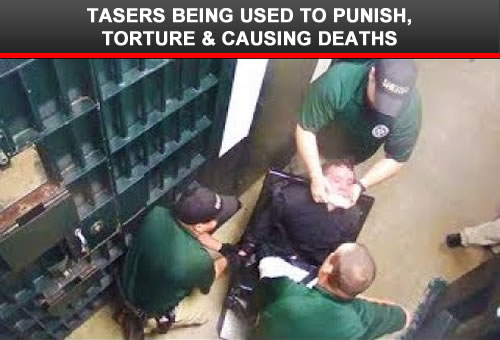George Holliday Who Filmed Beating of Rodney King dies of Covid
Lawrence O’Donnell explains how George Holliday’s video recording of the police beating of Rodney King was the first time all of white America saw how policing works in Black America.
His video documented one of the first cases of Police Brutality and Abuse seen by people around the world.
MSNBC’s Chief Legal Correspondent Ari Melber explores the history of how videos helped advanced police accountability and traces the evolution across policy, politics and technology. This all stated with George Holliday’s recording of the police beating of Rodney King.
George Holliday, man who filmed Rodney King beating, dies of Covid
LOS ANGELES – George Holliday, the Los Angeles plumber who shot grainy video of four white police officers beating Black motorist Rodney King in 1991, has died of complications of Covid-19, a friend said Monday. Holliday, 61, died Sunday at a Los Angeles hospital, where he had been for more than a month, according to Robert Wollenweber, a longtime friend and former coworker.
Per the above article; George Holliday, the Los Angeles plumber who shot grainy video of four white police officers beating Black motorist Rodney King in 1991, has died of complications of Covid-19, a friend said Monday.
Holliday, 61, died Sunday at a Los Angeles hospital, where he had been for more than a month, according to Robert Wollenweber, a longtime friend and former coworker. Holliday was not vaccinated and was on a ventilator in recent days after contracting pneumonia, Wollenweber said.
Holliday was awakened by a traffic stop outside his San Fernando Valley home on the night of March 3, 1991. He went outside to film it with his new video camera, catching the Los Angeles officers punching, kicking and using a stun gun on King, even after he was on the ground.
A year later, Holliday’s out-of-focus footage — about 9 minutes worth — was a key piece of evidence at the four officers’ criminal trial for assault and excessive use of force.
When a jury acquitted all the officers on April 29, 1992, the city erupted in widespread violence. Hundreds of businesses were looted and destroyed over several days. Entire blocks of homes and stores went up in flames. More than 60 people died by shootings or other violence, mostly in South Los Angeles.
The uprising seemed to catch the rest of the nation by surprise, but longtime residents said tensions were building in South LA for years and the King verdict was just the tipping point.
On the third day of the riots, King went on TV to plead for calm, asking in a trembling voice, “Can we all get along?”
King sued Los Angeles over the beating and was awarded $3.8 million in 1994, but he told The Associated Press in 2012 that he lost most of that money to bad investments. King drowned in his backyard swimming pool on June 17, 2012, at age 47.
Hits: 294


